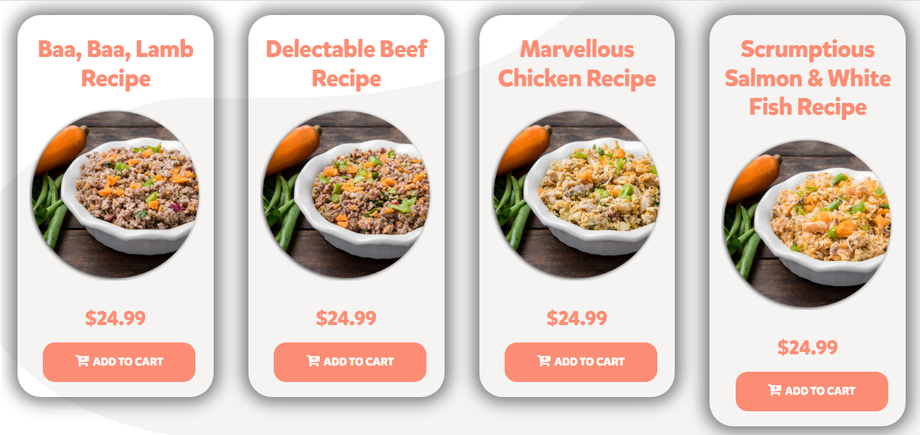As dog owners become more attuned to the dietary needs of their furry friends, the debate between grain-free and grain-inclusive diets has intensified. Understanding the implications of these choices is essential for the health and happiness of our pets.
The Rise of the Grain-Free Trend
The grain-free trend in pet food began with the idea that dogs' ancestral diets were predominantly meat-based. Proponents suggested that excluding grains like wheat, corn, and soy would better align with a dog's natural dietary habits. Consequently, grain-free diets often use alternative carbohydrates like legumes, peas, or potatoes, gaining popularity for their perceived benefits to digestion and overall health.
DCM Concerns: A Cautionary Tale
Recently, grain-free diets have come under scrutiny due to potential links to Dilated Cardiomyopathy (DCM), a severe heart condition. The FDA initiated an investigation after noting an uptick in DCM cases, even in breeds not typically prone to the disease. The investigation suggested a possible connection between grain-free ingredients, such as legumes and potatoes, and the development of DCM. However, this link is not yet definitively proven, and research continues.
The Nutritional Benefits of Grains
When incorporated thoughtfully, grains can offer numerous nutritional benefits. Whole grains like rice, barley, and oats are excellent carbohydrate sources, providing the energy dogs need. Grains also contribute dietary fiber, supporting digestive health and weight management, and supply essential nutrients like B vitamins, iron, and magnesium, crucial for maintaining a healthy coat, skin, and immune system.
Personalized Canine Nutrition
The key takeaway from this ongoing debate is the importance of individualized nutrition. Factors such as breed, age, size, activity level, and health conditions all influence a dog's dietary needs. Therefore, there is no one-size-fits-all solution, and pet owners must tailor their choices to each dog's unique requirements.
Veterinary Guidance is Crucial
Veterinarians are invaluable allies in navigating canine nutrition. Regular check-ups offer opportunities to discuss dietary choices, with veterinarians providing advice tailored to a dog's specific needs. Professional guidance helps ensure that the chosen diet, whether grain-free or grain-inclusive, supports a dog's overall health and well-being.
Tips for Responsible Pet Owners
Consult a Veterinarian: Before making significant dietary changes, seek your vet's advice to get personalized recommendations.
Read Labels: Understand the ingredients in dog food, focusing on high-quality protein sources and balanced nutrition.
Consider the Whole Picture: Choose a diet based on your dog's overall health, lifestyle, and any pre-existing conditions.
Monitor Reactions: Watch for any signs of allergies, sensitivities, or behavioral changes, and report them to your vet.
Stay Informed: Keep up with the latest research in canine nutrition to make well-informed decisions.
Call to Action
Ensure your dog's diet is tailored to their unique needs by consulting with your veterinarian. Together, you can create a nutrition plan that supports your pet's health and happiness. Stay informed and proactive in your approach to canine nutrition.

